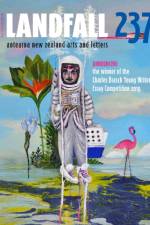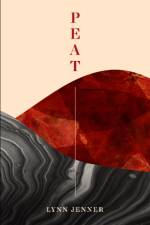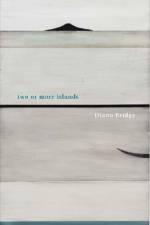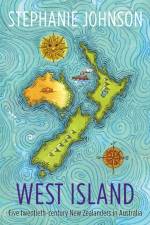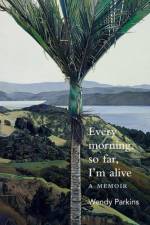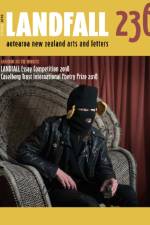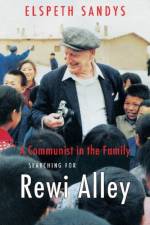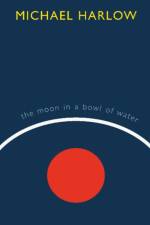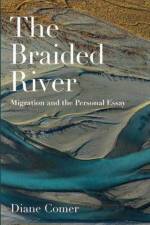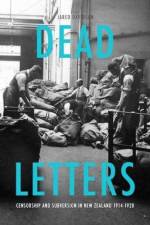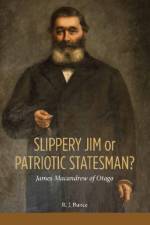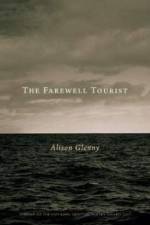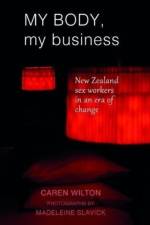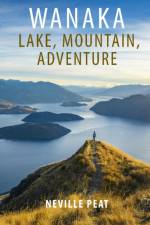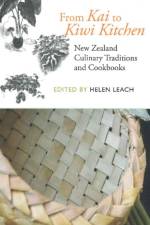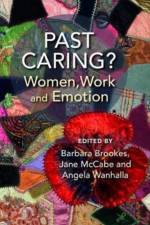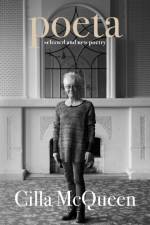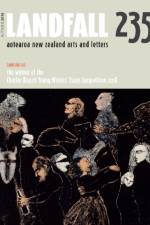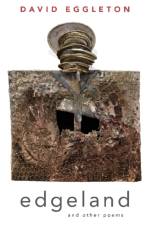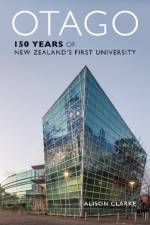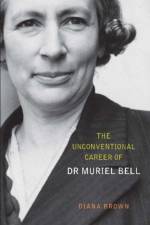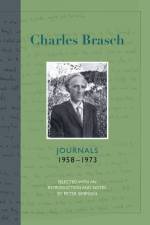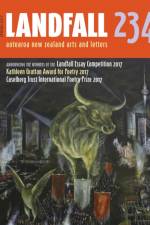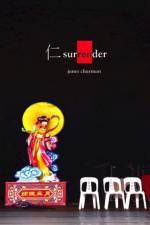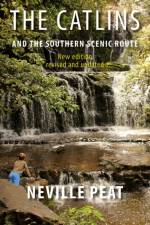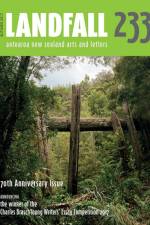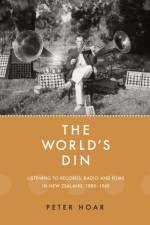239
Landfall is New Zealand's foremost and longest-running arts and literary journal. It showcases new fiction and poetry, as well as biographical and critical essays, and cultural commentary. Featured artists: John Z Robinson, Justin Spiers, Susan Te Kahurangi King. Awards and competitions: Results and winning essays from the Landfall Essay Competition 2018, with judge's report by Emma Neale, and results from the Caselberg Trust International Poetry Prize 2018, with judge's report by David Eggleton. Writers: Philip Armstrong, Jane Arthur, Tusiata Avia, Antonia Bale, Tony Beyer, Victor Billot, Madeleine Child, Thom Conroy, Jodie Dalgleish, Doc Drumheller, Breton Dukes, Ciaran Fox, David Gregory, Michael Hall, René Harrison, Siobhan Harvey, Trevor Hayes, Kerry Hines, Joy Holley, Elizabeth Kirkby-McLeod, Megan Kitching, Jessica Le Bas, Therese Lloyd, Jess MacKenzie, Frankie McMillan, Alice Miller, Michael Mintrom, Lissa Moore, James Norcliffe, Heidi North, Jilly O'Brien, Vincent O'Sullivan, Aiwa Pooamorn, John Prins, Lindsay Rabbitt, essa may ranapiri, Sudha Rao, Richard Reeve, Harry Ricketts, Alan Roddick, Derek Schulz, Di Starrenburg, Jillian Sullivan, John Summers, Jasmine Taylor, Angela Trolove, Iain Twiddy, Bryan Walpert, Susan Wardell, Rose Whitau, C.A.J. Williams, Briar Wood, Helen Yong

